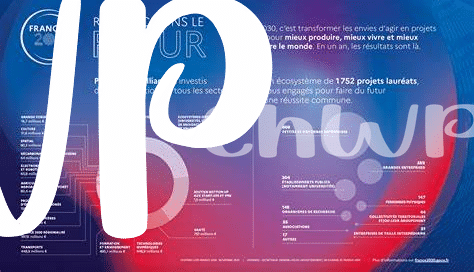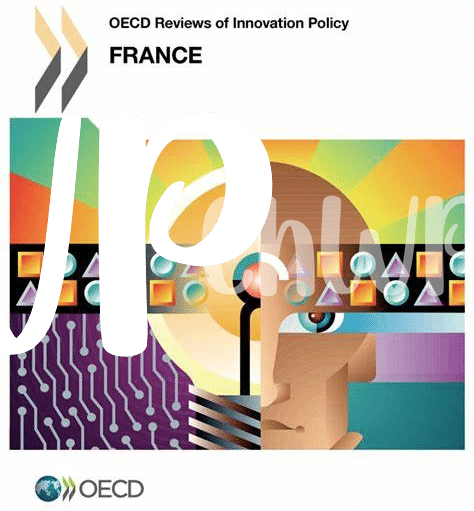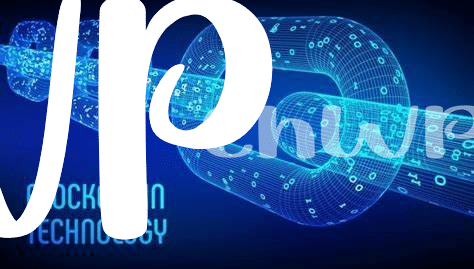Introduction to Smart Contracts and Legal Compliance 🌐

Smart contracts have revolutionized the way businesses operate by offering a digital solution to traditional contracts. By automatically executing and enforcing terms written in code, smart contracts streamline processes and enhance transparency in transactions. In the realm of legal compliance, smart contracts have the potential to simplify complex agreements and ensure adherence to regulations in an efficient and secure manner. Embracing this innovative technology can not only boost operational efficiency but also mitigate legal risks for businesses operating in the dynamic landscape of French business.
As we delve into the intricate world of smart contracts and legal compliance, it becomes evident that the intersection of technology and law opens up new possibilities for businesses to navigate evolving regulatory frameworks. With a focus on harnessing the benefits of automation and decentralization, smart contracts pave the way for a future where compliance is seamlessly integrated into business operations. This synergy between technology and legal requirements lays the groundwork for a more agile and compliant business environment in France.
Benefits of Smart Contracts for French Businesses 💼
Smart Contracts offer a streamlined and secure way for French businesses to execute agreements and transactions efficiently. By automating processes and removing intermediaries, Smart Contracts reduce costs and minimize the risk of errors or disputes. This technology not only enhances the speed of business operations but also bolsters transparency and trust among parties. Implementing Smart Contracts in French businesses can lead to increased productivity, improved accuracy, and ultimately, a competitive edge in the market.
Challenges in Implementing Smart Contracts 🤔

Implementing smart contracts in French businesses can present various hurdles, ranging from technological complexities to cultural integration within traditional systems. The need for specialized expertise in blockchain technology and legal aspects can pose a significant challenge, as well as ensuring the security and reliability of automated contract execution. Additionally, adapting existing business processes and practices to align with the decentralized nature of smart contracts requires diligent planning and coordination across different departments.
However, overcoming these obstacles can lead to increased efficiency, transparency, and cost savings in the long run. By addressing these challenges head-on and leveraging the potential of smart contracts, French businesses can stay ahead of the curve in an increasingly digitized marketplace.
Legal Framework for Smart Contracts in France ⚖️

Smart Contracts in France operate within a legal framework that aims to align with traditional contract law while incorporating the unique aspects of blockchain technology. The country has been proactive in exploring and adapting existing laws to accommodate the use of smart contracts in various industries. Recent developments indicate a growing acceptance of smart contracts as legally binding agreements, thus promoting innovation and efficiency in business practices. In this evolving landscape, businesses in France have the opportunity to leverage the potential of smart contracts while ensuring compliance with established regulations and standards.
For more insights on how blockchain technology is shaping innovative policies globally, check out blockchain technology innovation policies in Estonia paving the way for digital transformation and societal impact.
Case Studies: Successful Integration of Smart Contracts 📊
In the context of successful integration of smart contracts in French businesses, several noteworthy case studies have emerged as shining examples of efficiency and reliability. Companies across various sectors have leveraged smart contracts to streamline operations, reduce costs, and enhance transparency in their transactions. One such case study involves a leading logistics firm that implemented smart contracts to automate supply chain management, resulting in significant time and cost savings while ensuring compliance with regulatory requirements. Another example showcases a fintech startup that utilized smart contracts to facilitate secure and instant cross-border payments, revolutionizing the traditional remittance process. These real-world applications underscore the tangible benefits and potential of smart contracts in driving innovation and competitiveness within the French market.
Future Outlook: Smart Contracts in the French Market 🔮

In the dynamic landscape of the French market, the adoption of Smart Contracts is poised to revolutionize traditional business practices, ushering in a new era of efficiency and transparency. As businesses increasingly recognize the transformative potential of blockchain technology, the integration of Smart Contracts is set to become more prevalent across diverse sectors. This shift towards digitized contractual agreements not only streamlines processes but also enhances the overall security and trust within transactions, paving the way for heightened levels of innovation and collaboration within the French business ecosystem.
For more information on how blockchain technology is driving policy innovations in different regions, you can explore the developments in Equatorial Guinea by visiting Blockchain Technology Innovation Policies in Equatorial Guinea which also sheds light on the advancements in the Dominican Republic regarding Blockchain Technology Innovation Policies in the Dominican Republic.
